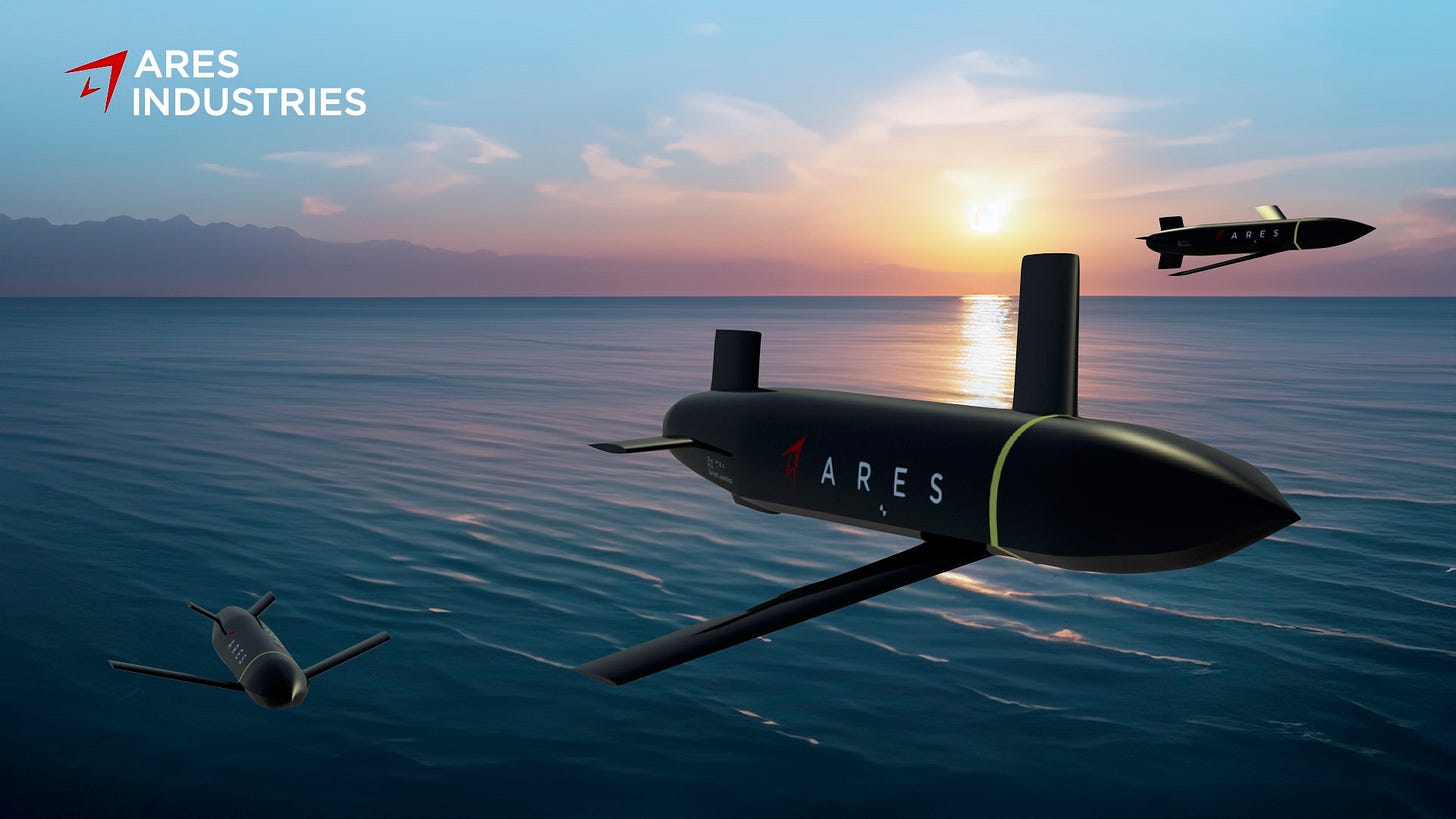Y Combinator’s Move into Defense Tech
Innovating around New Anti-Ship Missiles
Y Combinator, the startup incubator known for launching giants like DoorDash, Airbnb, Reddit, and Instacart, is taking its first foray into the defense industry.
This marks a significant shift, as the company backs Ares Industries, a new weapons maker aiming to revolutionize the defense sector with low-cost, anti-ship missiles.
Ares Industries: Disrupting the Defense Industry
Ares Industries made headlines with its launch, promising to develop missiles that are not only capable of taking out ships from hundreds of miles away but are also ten times smaller and cheaper than existing alternatives. Founders Devan Plantamura and Alex Tseng believe their innovation could significantly impact a potential conflict in the Taiwan Strait, where the dynamics would differ greatly from the warfare seen in Ukraine or the Middle East.
In their announcement, Plantamura and Tseng highlighted a critical issue: in the event of a war, the U.S. missile stockpile could be depleted within weeks, and the current industrial capacity isn’t sufficient to replenish it quickly. They argue that the Department of Defense (DoD) doesn't need expensive, bulky missiles to counter smaller Chinese warships or swarms of unmanned surface vessels. Instead, what’s needed are smaller, cost-effective cruise missiles in large quantities—something no one has delivered on yet. This thesis echoes priorities articulated in the Replicator Initiative, which aims to deliver attritable autonomous systems (ADA2) to warfighters at a scale of multiple thousands, across multiple warfighting domains, within 18-24 months.
Ares Industries has already built multiple prototypes and conducted successful flight tests in California's Mojave Desert. The founders are confident that they can deliver "early working missile systems" to their first customers by mid-2025.
Y Combinator’s Strategic Shift
Y Combinator's decision to back Ares Industries signals a broader shift in the venture capital community’s attitude toward defense tech. In a series of tweets, Y Combinator partner Jared Friedman explained the rationale behind this bold move. He pointed out that the existing missile producers have become inefficient and are struggling to meet demand, especially in an era where drone ships require smaller, more agile missile systems.
Friedman drew a parallel between today’s missile makers and the rocket companies that dominated the space industry over 20 years ago when Elon Musk launched SpaceX. Just as SpaceX revolutionized space travel by developing reusable launchers and dramatically lowering the cost of reaching orbit, Ares Industries aims to disrupt the cruise missile market, currently dominated by Lockheed Martin and Raytheon.




